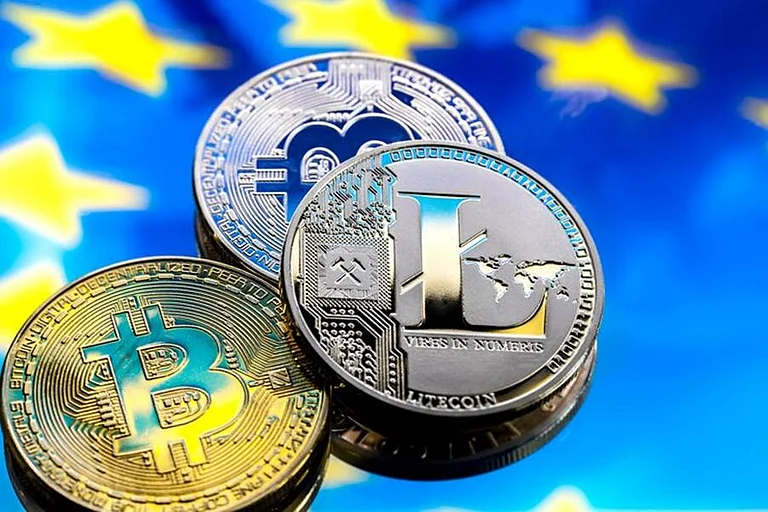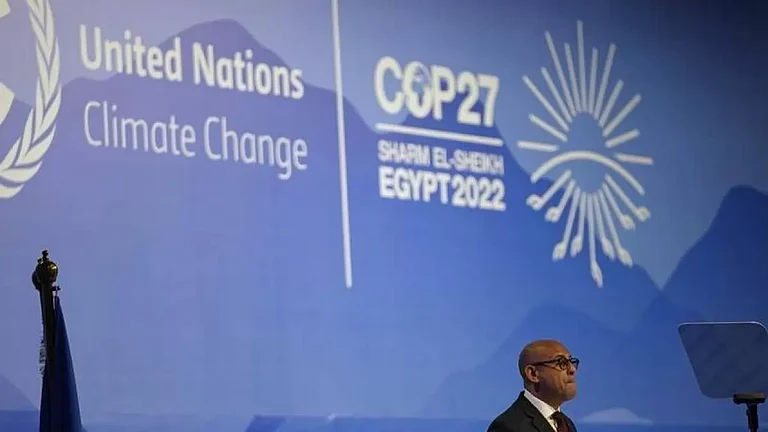The European Union is taking steps to stockpile critical minerals and equipment to protect against potential supply chain disruptions, according to a draft document from the European Commission cited by the FT in a recent report.
EU Bolsters Critical Mineral Reserves Amid Growing Global Risks
Strategic stockpiling aims to shield Europe from supply chain disruptions caused by geopolitical tensions, cyber threats, and climate challenges
The move comes as the EU faces a complex and evolving risk landscape, driven by rising geopolitical tensions, climate change impacts, and a surge in cyberattacks from hacktivists, cybercriminals, and state-sponsored groups. The draft, set to be published next week and still subject to changes, highlights a lack of consensus on which goods are essential for crisis preparedness, underscoring the urgency of a coordinated strategy.
The EU’s concerns stem from its heavy reliance on imports for critical raw materials (CRMs), such as lithium, cobalt, and rare earth elements, which are vital for green technologies like electric vehicle batteries, solar panels, and wind turbines. China dominates the global supply of many of these minerals, controlling, for example, 98 to 100 per cent of the EU’s heavy rare earth elements and significant portions of other materials like bismuth and magnesium.
This dependency exposes the EU to risks, especially as geopolitical tensions rise. For instance, China has previously restricted exports of critical minerals, such as rare earths to Japan in 2010 and gallium and germanium more recently, as a geopolitical tool. Such actions could disrupt the EU’s green transition and industrial competitiveness if supply chains are interrupted.
In response, the EU is building on its Critical Raw Materials Act, introduced in March 2023, which aims to diversify import sources and boost domestic extraction, processing, and recycling. The Act sets targets for 2030, including extracting 10 per cent of the EU’s annual CRM consumption, processing 40 per cent, and recycling 25 per cent.
As of March 2025, the EU has identified 47 strategic projects to secure access to 14 of the 17 materials deemed critical for its energy transition and security, including projects like the Barroso lithium project in Portugal and Anglo-American’s Sakatti copper operation in Finland. However, critics argue that the Act lacks sufficient funding and concrete steps to reduce reliance on dominant suppliers like China, leaving the EU vulnerable.
The stockpiling initiative is part of the broader EU Preparedness Union Strategy, unveiled in March 2025, which encourages member states to strengthen reserves of critical equipment and urges citizens to maintain 72 hours’ worth of essential supplies for emergencies. This strategy addresses a range of threats, from natural disasters and pandemics to cyberattacks and potential armed aggression against EU countries.
The Commission has emphasised the need for better early-warning systems, enhanced civil-military cooperation, and public-private partnerships to ensure the resilience of critical infrastructure, such as healthcare, transport, and energy networks. The strategy also proposes an EU Crisis Hub to integrate crisis management structures and regular EU-wide preparedness exercises involving armed forces, civil protection, and healthcare workers.
The draft document notes that the EU’s risk landscape is deteriorating due to increased activity from hacktivists, cybercriminals, and state-sponsored groups, particularly since Russia’s invasion of Ukraine in 2022. Cyberattacks targeting critical infrastructure, like energy networks, have surged, with countries like Russia, China, Iran, and North Korea consistently targeting Western institutions.
To counter this, the EU is exploring a European cybersecurity alert system to improve threat detection and coordination with NATO. Additionally, climate change is exacerbating risks, with extreme weather events straining resources and infrastructure, as seen in Spain’s devastating floods in 2024.
While the EU’s stockpiling plan is a step toward resilience, challenges remain. The lack of a unified understanding of essential goods complicates efforts, and the financial cost of building robust reserves is significant. The EU must balance environmental concerns with the need to expand domestic mining, as projects like Romania’s Rovina gold-copper mine have faced criticism for their ecological impact. As the EU navigates these complexities, its focus on preparedness reflects a proactive shift to safeguard its economy and citizens against an unpredictable global landscape.


